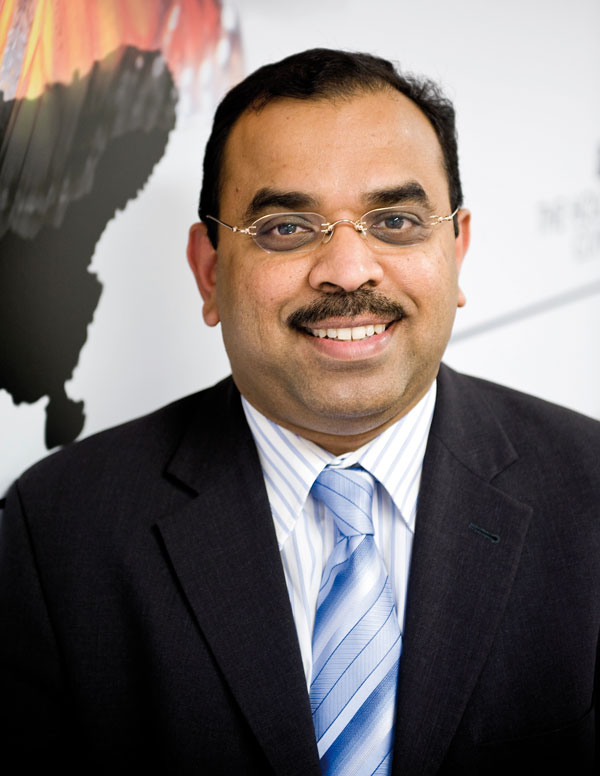 In our monthly Q&A series, Medical Forum asks WA’s health leaders the important questions affecting their profession and their patients. In the June edition we spoke with Psychiatrist Dr Mathew Samuel.
In our monthly Q&A series, Medical Forum asks WA’s health leaders the important questions affecting their profession and their patients. In the June edition we spoke with Psychiatrist Dr Mathew Samuel.
How and why did you take up psychiatry? What areas of the specialty took on greater meaning to you (and why)?
I took up psychiatry as I was keen to know how the human mind works. It was an enigma to find out where mind sits. All other specialties can feel and see the organs they are dealing with such as a cardiologist seeing the heart and ENT surgeons seeing ears, noses and throats. I have always been a person to talk and connect with people and I wanted to know how I could improve the stigma associated with mental illness as well.
You recognised, early on in the COVID-19 response, that health workers were particularly vulnerable to anxiety, burnout and depression and offered telehealth consultations. What was the uptake?
The uptake has been poor primarily because WA has been very lucky to avoid the brunt of COVID-19. I am not complaining as we are incredibly fortunate to keep it like that due to timely intervention by the state and federal governments. However, I have seen few police officers and paramedics who have presented with increasing anxiety symptoms.

What are the greatest fears for frontline health workers?
It is amazing to see that most of the frontline health workers have not been worried about their mortality which shows that people who choose these jobs are incredibly brave and altruistic about their attitude towards humanity. The fear for them has been primarily about family members and loved ones. I am part of WA PTSD Research Foundation and we will be looking to conduct a study to determine the extent of these fears.
Do you think there has been adequate acknowledgement of these fears and support for their wellbeing?
I am glad to let you know that there has been adequate acknowledgement in the media and workplace about these fears. I am not sure how much support has been offered for their wellbeing other than directing them to employee assistance services.
Is this a good time to evaluate the culture of medicine?
My argument is that we always need to evaluate the culture of medicine. I think this crisis will call for much more scrutiny on how we practice medicine in the coming years
What impact has social distancing and stay-at-home messages had on people’s mental health?
There have been significant ramifications. I have seen a spike in alcohol use, domestic violence along with anxiety symptoms. People have called our office with significant anxiety symptoms due to the economic fallout as well.
How have those people with existing mental health issues coped in this pandemic?
A lot of patients with stable mental illness have had relapses due to the pandemic. A lot of people are refusing to attend hospital and other clinics because of the fear of getting infected in a health facility. We have seen a worsening of mental health conditions due to an increase in alcohol use because of the lockdown and restrictions of human movement.
General practitioners report a decrease in the number of patients attending for general appointments? Is this also the case for psychiatry and psychology appointments?
No, it has been the opposite as we have seen an increase in outpatient appointments and my inpatient numbers have gone up as well.
Mental health support services have been forced to restrict their face-to-face services, while telephone helplines have experienced steep increases in demand. How can the mental health sector as a whole encourage people to attend to their mental health issues.
We need to tell people to continue to attend GPs, psychologists and psychiatrists and that these services are open for patient consultations. Telehealth in my opinion has opened a new world of opportunity for everyone, especially for our people in regional and rural areas.
The WA health system appears to have managed the crisis well within its capabilities. What do you think the messaging should be now to improve people’s mental health?
In my opinion, the public health message will be “Seek Help Now and You Will Not be Sorry Later On”.

